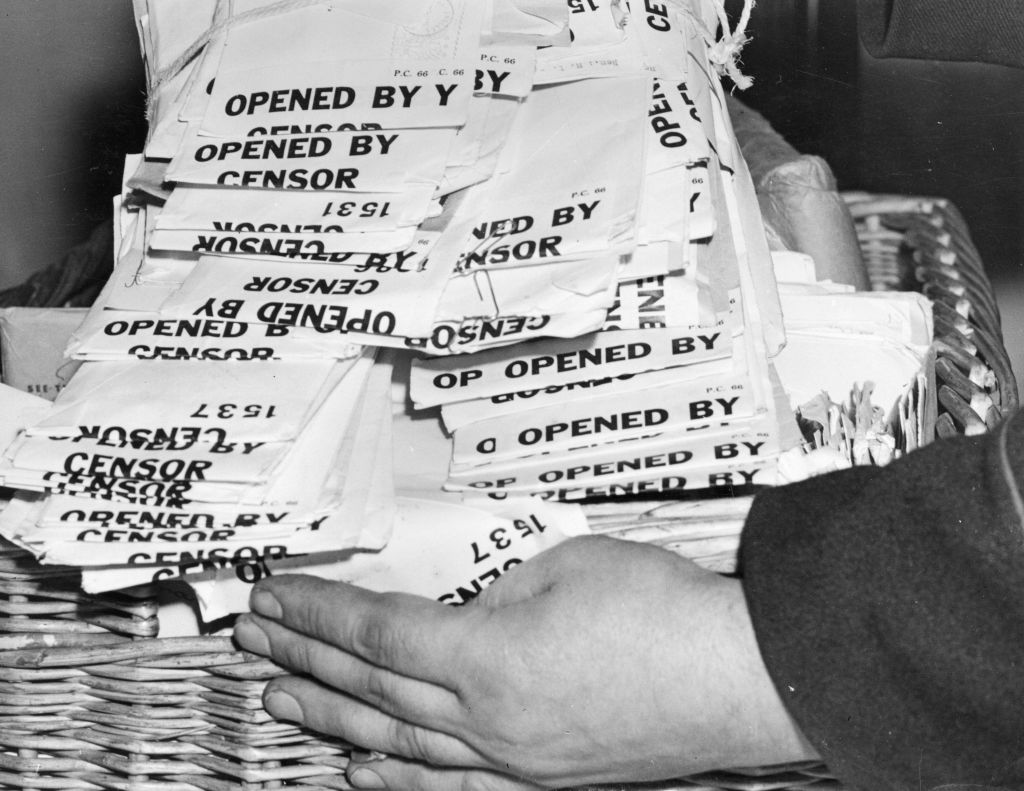Like many leaders facing dire straits domestically, French President Macron hoped his control of foreign policy might allow him to claw back some of his lost prestige. And so did “Jupiter in Retrograde” scamper down to Sharm El-Sheikh to witness the signing of the Gaza ceasefire deal. Sadly for the hyperkinetic Macron, neither he nor any European head of state played a role in brokering the agreement, which was signed by Donald Trump and the leaders of Egypt, Qatar and Turkey. Macron, along with Chancellor Merz, Spanish Prime Minister Pedro Sanchez, and EU Council President Antonio Costa were limited to providing applause at appropriate moments, like genteel fans at a golf tournament.
Back in Brussels, EU grandees are scrambling to claim a place on the board implementing the deal, chaired by President Trump and administered by former British PM Tony Blair. Foreign affairs chief Kaja Kallas opined that “…Europe has a great role [to play]” based on its status as “the largest financial backer of the Palestinian Authority and Gaza’s biggest humanitarian donor.” Given the fraught negotiations over the EU’s next seven-year budget, it is unclear how much money the EU will be able to devote to the colossal expense of reconstructing Gaza. Macron is certainly in no position to offer more than token assistance, in light of the apparently irreducible deficits racked up by the French state.
Even should the EU and its member states assume a major financial role in rebuilding Gaza, it is not clear that this alone will buy the Europeans a leadership role in administering the peace. The vast monies funnelled by the EU to Palestine gained it no standing in the ceasefire talks, and no discernible leverage with the Palestinian Authority or Hamas. European money served to liberate Palestinian leaders from the need to provide for their people: EU foreign aid would feed them, provide them with medical care, even pay their civil servants. European funding of the UN Relief and Works Agency found its way into the tunnels and terror infrastructure built by Hamas beneath medical facilities and schools. The EU never managed to extract a credible audit of its aid, and never succeeded in reforming the toxic lessons taught in the schools it built. How much EU money ultimately went toward the bounties paid by the PA to suicide bombers remains unknown given the opaque accounting in Ramallah condoned by Brussels.
If the EU is to claim a seat on Trump’s “Peace Board” it will need to couple substantial funds with a political realism thus far absent from its assistance to Palestine. The Gaza deal commits the Palestinian Authority to the creation of a “modern, democratic and non-militarised Palestinian state, committed to pluralism and the peaceful transition of power.” Very nice words, but unless EU aid is made highly contingent upon realising them, they will remain empty, further evidence of Europe’s preference for credulousness over capacity in its dealings with its aid recipients.
All eyes are now on Hamas, which must demilitarise and disband if Gaza is to rebuild and revive. The EU can insist on this, and forestall a renewal of hostilities by helping eliminate Hamas from Gaza’s future political development. Cleaning up the PA with the help of the grim auditing teams the EU imposed on Greece during the Eurocrisis would do much to instil confidence that aid was not finding its way to offshore bank accounts or jihadis. Brussels could also employ a variant of its favoured tactic of attaching environmental rules to its trade deals: Palestinian enterprises could enjoy privileged access to European markets contingent on strict political audits ensuring that only “militant-free goods” enter the EU. European aid in building new companies in Gaza should not serve as a conduit for a financial revival of Hamas or any other group devoted to the murder of Jews. As the midwife of an administratively competent and clean Palestinian government, the EU could claim an international leadership role in bringing the conflict to a definitive end. Even Israel would be hard pressed to deny effective autonomy to a well-run Palestinian government devoted to the welfare of its people rather than the destruction of the Jewish state.
Whether Europe can rise to this obvious opportunity remains an open question. Passionate denunciations of Israel have become a competitive sport among European elites. A successful Palestinian government would end these performative thrills by removing Israel as the agent of Palestinian immiseration. The fact that the EU foreign policy chief Kaja Kallas devoted ample time to the question of future sanctions against Israel and exactly none to any punishment of Hamas should it fail comply with the deal shows how unbalanced European opinion has become. This is due in part to simple politics: The political detoxification of Palestine may well lag behind the virulent anti-Semitism prevalent in Europe’s Muslim communities. Macron, Sanchez and Kier Starmer regard their home-grown Islamists as useful voting blocs rather than dangerous militants. That Marine Le Pen and Alice Weidel are labelled greater threats to liberalism than those who would impose sharia law shows crass political calculation rather than moral virtue.
Europe has a chance to claim a leading role in the revival of Gaza if it can show Trump and the Arab world that it can help end the role of Hamas and clean up the morass that is the PA’s governance of the West Bank. Will it abandon its persistent indulgence of corruption and militancy and insist on effective governance? Can Europe impose accountability on the PA that might actually end Palestine’s role as Europe’s favourite charity case? Will Europe insist its aid serve the Palestinian people as much as it has benefited their leaders? Good governance in Palestine would do more to end its misery than the generations of destructive altruism foisted on the place by Europe. The chance for the EU to prove its strategic power awaits, if only Brussels can seize it.





Draghi’s plan says ‘Europe First’ and load it with debt: who thinks it will work?